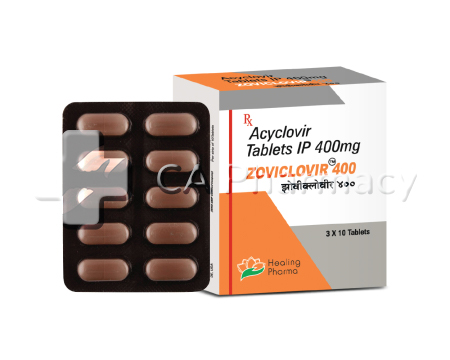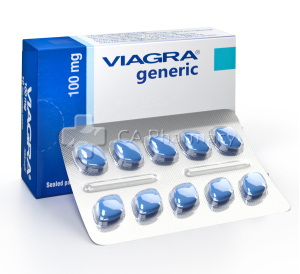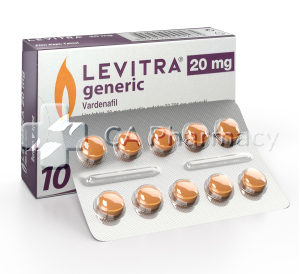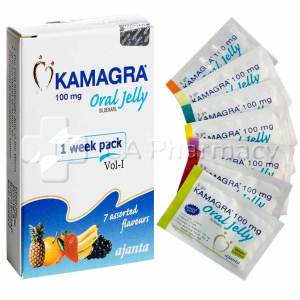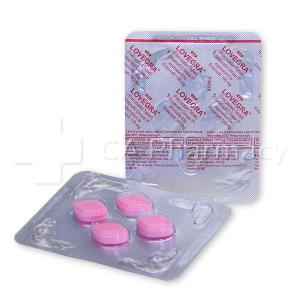Acyclovir tablets - Dosage
Finding the right dosage for Acyclovir tablets [Zoviclovir] is crucial for effective treatment. The dosage of Acyclovir tablets can vary depending on the condition being treated, the patient's age and weight, as well as other factors.
For adults with herpes simplex infections, the typical recommended dosage is 200 mg to 800 mg taken orally every four hours, five times a day for a total of seven to ten days. However, it's important to note that the exact dosage may vary based on individual needs and the severity of the infection.
In certain cases, such as herpes zoster (shingles) or varicella (chickenpox), higher doses may be prescribed. For these conditions, a typical adult dosage ranges from 800 mg to 1000 mg taken orally every four hours for a total of seven to ten days.
For pediatric patients, dosages are typically adjusted based on weight and age. It is important to consult with a pediatrician or healthcare provider who can determine the appropriate dose for children.
Remember that each individual may have different medical needs, so it's crucial to consult with a healthcare professional before starting any medication regimen. They will consider various factors and provide personalized guidance on finding the right dosage of Acyclovir tablets for optimal results in your specific case.
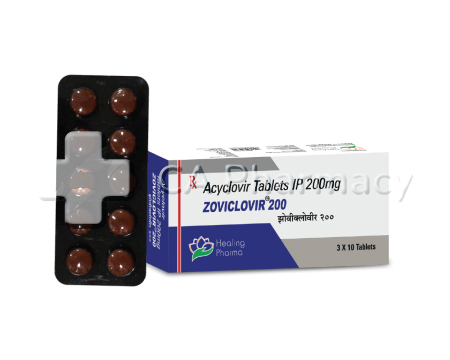
Side effects
When it comes to any medication, it is important to be aware of the potential side effects. Acyclovir tablets, commonly prescribed for the treatment of viral infections such as herpes, are no exception. While these tablets can be highly effective in managing and preventing outbreaks, it is crucial to understand the possible side effects that may occur.
Like most medications, Acyclovir tablets can cause a range of side effects, although not everyone will experience them. The most common side effects include
- Nausea;
- Vomiting;
- Diarrhea;
- Headache and dizziness;
These symptoms are generally mild and tend to subside on their own as your body adjusts to the medication.
In some cases, more serious side effects may occur. These can include allergic reactions such as rash or hives, swelling of the face or throat, difficulty breathing or swallowing. If you experience any of these symptoms or notice any other unusual reactions while taking Acyclovir tablets Zoviclovir, it is important to seek medical attention immediately.
It is worth noting that certain individuals may be more prone to experiencing side effects from Acyclovir tablets. This includes those with compromised immune systems or individuals with kidney problems. If you fall into one of these categories or have any pre-existing medical conditions, it is crucial to consult with your healthcare provider before starting this medication.
While Acyclovir tablets can provide significant relief for viral infections like herpes, understanding and being aware of potential side effects allows you to make informed decisions about your health. It is always recommended to discuss any concerns or questions about medications with a healthcare professional who can provide personalized advice based on your specific circumstances.
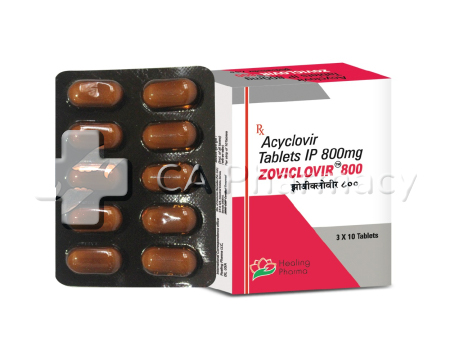
Can you use Acyclovir cream and tablets together?
Using Acyclovir cream and tablets together can be an effective approach in treating certain viral infections. Acyclovir is an antiviral medication commonly used to treat herpes simplex virus (HSV) infections, including genital herpes, cold sores, and shingles.
The cream form of Acyclovir is typically applied topically to the affected area, while the tablet form is taken orally. While both forms of medication work to combat the virus, they function differently.
Using Acyclovir cream directly on the affected area helps to alleviate symptoms such as pain, itching, and inflammation. It works by preventing the virus from replicating and spreading.
On the other hand, Acyclovir tablets are designed to target the virus internally by inhibiting its ability to reproduce within your body. This can help reduce the severity and duration of outbreaks.
In some cases, healthcare professionals may recommend using both Acyclovir cream and tablets simultaneously for more comprehensive treatment. This combination approach can provide relief from symptoms while also addressing the underlying viral infection.
However, it is crucial to consult with a healthcare professional before using both forms of medication together. They will assess your specific condition and determine if this combined treatment approach is suitable for you.



